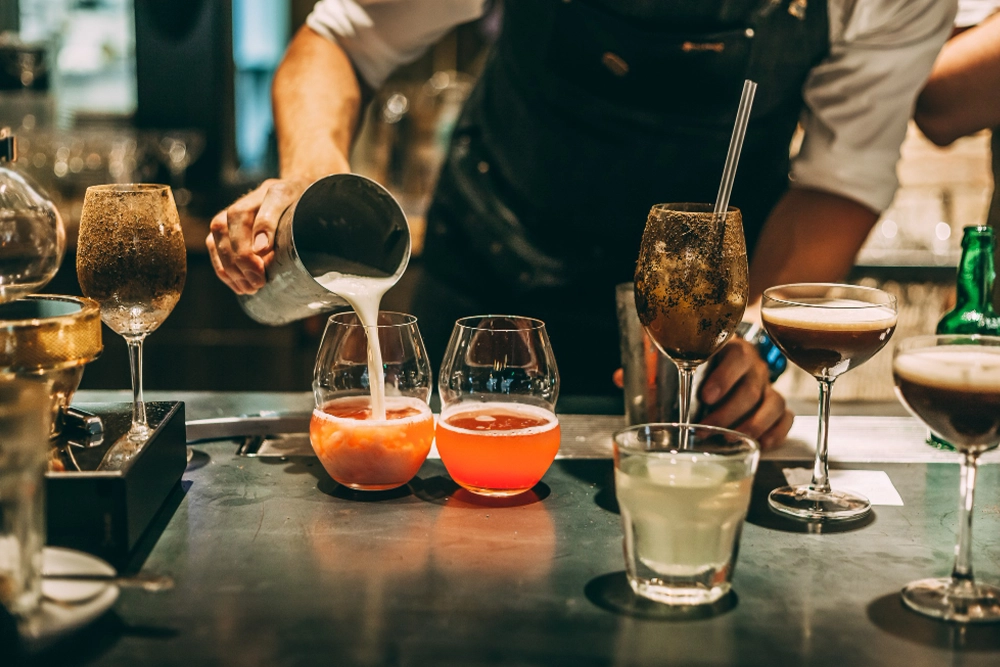Dram shop laws, a legal framework designed to hold establishments accountable for injuries or damages caused by individuals who were served alcohol on their premises, vary significantly across jurisdictions. While some states impose strict liability on alcohol servers, others have more limited statutes or no dram shop laws at all. Understanding which states have dram shop laws is essential for businesses in the hospitality industry to ensure compliance and minimize legal risks.

States with Dram Shop Laws:
- Texas: Texas has comprehensive dram shop laws that allow individuals injured by intoxicated persons to sue establishments that served them alcohol. Establishments can be held liable if they served alcohol to a visibly intoxicated person who subsequently caused harm.
- California: California has limited dram shop laws that hold establishments liable for injuries caused by intoxicated patrons only if the establishment knowingly served alcohol to a person who was “obviously intoxicated.”
- New York: New York’s dram shop laws allow for liability if alcohol is served to someone who is visibly intoxicated and that intoxication is a proximate cause of the injury. Additionally, New York also imposes liability on social hosts who serve alcohol to visibly intoxicated individuals.
- Florida: Florida’s dram shop laws hold establishments liable for injuries caused by intoxicated patrons if the establishment knowingly served alcohol to a person who was “habitually addicted” to alcohol.
- Illinois: Illinois has strict liability dram shop laws that hold establishments responsible for injuries caused by intoxicated patrons they served alcohol, regardless of whether the establishment knew the patron was intoxicated.
- Pennsylvania: Pennsylvania’s dram shop laws impose liability on establishments that serve alcohol to visibly intoxicated individuals, provided that the intoxication is a substantial factor in causing the injury.
- Ohio: Ohio’s dram shop laws hold establishments liable for injuries caused by intoxicated patrons if the establishment knowingly served alcohol to a person who was visibly intoxicated.
States without Dram Shop Laws:
Some states, such as Nevada, South Dakota, and Delaware, do not have dram shop laws. In these states, liability for alcohol-related injuries generally falls on the individual who consumed the alcohol, rather than the establishment that served it.
Navigating dram shop laws requires a nuanced understanding of the legal landscape in each jurisdiction. While some states impose strict liability on alcohol servers, others have more limited statutes or no dram shop laws at all. Businesses in the hospitality industry must be aware of these variations to ensure compliance and mitigate legal risks associated with alcohol service.

